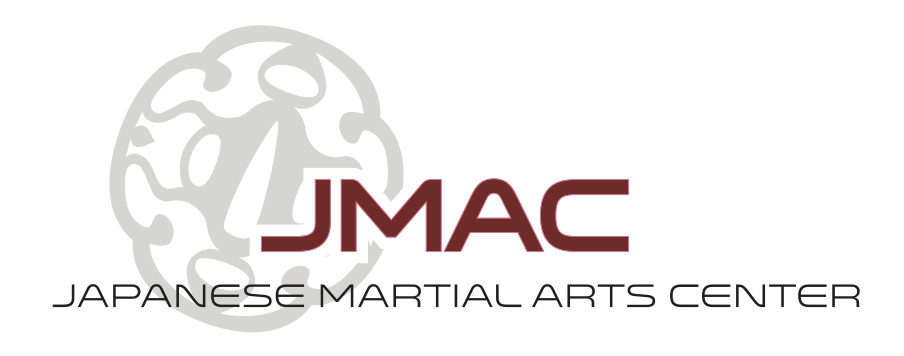"Empty Your Cup" is a martial arts aphorism that virtually every student has heard. It refers to the idea that students should put aside their own thoughts and opinions and diligently try to do exactly as their instructor asks them to do. Whether one studies aikido, karate, jujitsu, or kendo, the requirement is the same: diligently and enthusiastically perform the techniques of your martial art, over and over, trying to match all the checkpoints provided by your teacher. The idea is that you should adopt a beginner's attitude, rather than an expert's, even if you are very accomplished. If you do so, you will find that your understanding and ability improve at a remarkable pace. There are several hurdles to achieving beginner's mind, however.
Previous training in a martial art can impede your ability to perform the checkpoints of your new art. In fact, it's more than your mind that keeps you from doing your new art correctly; if you've studied another martial art, the chances are good that you learned things in a different way. The old movements are programmed into your nervous system, and can take time to unlearn. By staying relaxed, focusing on the relationship between the technique and the principle that makes it work, and trying to work slowly and systematically, you can dramatically decrease the time it takes to unlearn the old and learn the new.
Inner dialog is another impediment to effective learning. Most of us have a sort of continuous conversation with ourselves, in which we constantly analyze, compare, discriminate, and predict. In situations where intellectual analysis is required, this dialog can be beneficial. However, when learning a physical skill, the dialog can actually impair our ability to experience the techniques in all their fullness. Martial arts are physical skills, and if our complete attention is focused on the moment, we are much more likely to absorb the subtle aspects of the techniques. Learning to quiet the mind is essential on the way to becoming an advanced martial artist.
Ego is one of the biggest hurdles to learning new skills, especially for those who have studied other arts previously. It's common for martial arts students to strongly identify with the system they've studied, and when they are offered new ways to accomplish martial arts goals, those new ways can seem strange or threatening. It's normal to experience a defensive reaction when asked to try something different, but the accomplished practitioner will learn that the reaction need not be acted upon. Instead, one can recognize that the reaction is a product of "self," a body of reflexive thoughts and feelings that may not actually represent who we are, and move through it toward the desired technique. Recognizing that learning to do things in new ways does not threaten who we are is an enormous step in becoming accomplished martial artists.
Outside the dojo, the attributes of a good martial artist - confidence, open-mindedness, positive attitude, and awareness - are tools for success. In life, as in the dojo, we keep what we embrace, and lose what we reject. A human being with a big heart has room for many wonderful things!
